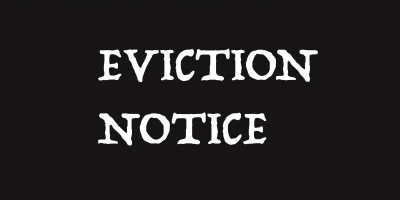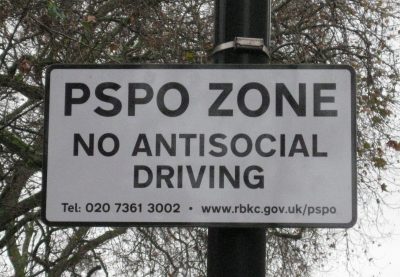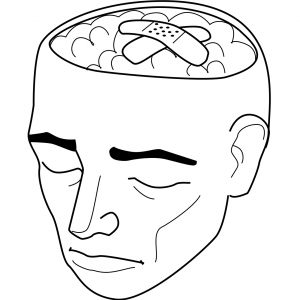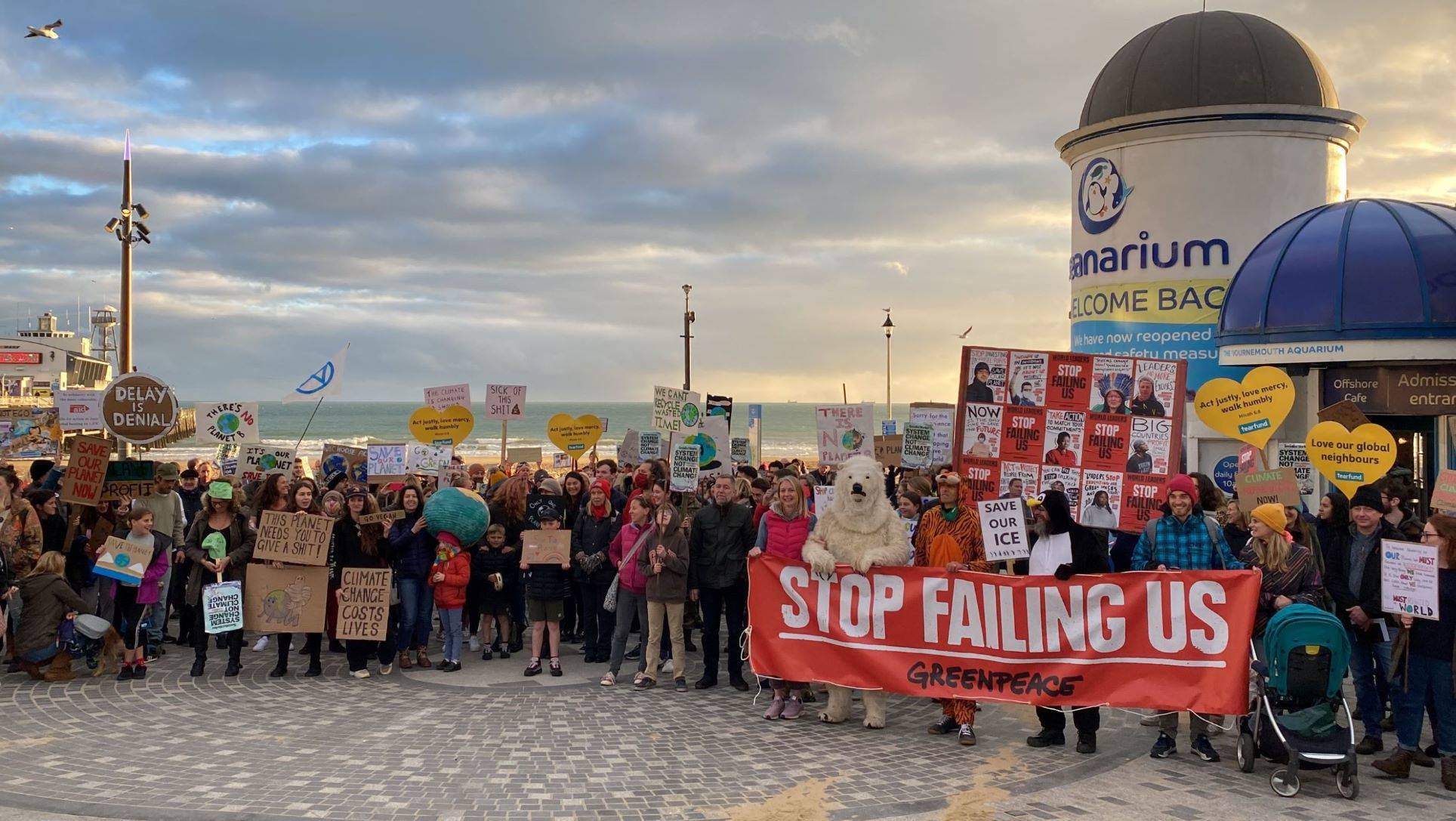From 2012 to 2016, Bournemouth’s homeless community has grown from 195 to 522, increasing by 168%. Behind the recent controversial fines on homeless and “anti-homeless” metal bars on benches, The Breaker looks at the eye-opening general picture of the homeless situation.
Bournemouth’s homelessness in numbers
According to Bournemouth Borough Council, every month there are about 1000 homeless enquiries about temporary accommodation. From 2012 to 2016, homeless applications in Bournemouth have grown from 195 to 522, an increase of 168%.
In other words, with 2017’s date yet unveiled, as far as 2016, local homeless issue is getting evident, even though the number of households in temporary accommodation has increased.
What are the reasons for the increase in homeless applications? The answers are wide-ranging and compound. Even so, there is one dominant reason contributing to 51% of local homelessness -eviction from private rented housing. Nation-wide speaking, loss of rented or tied accommodation is also the main cause to homelessness.
Occupy Bournemouth, the long-term homelessness protest camped in town, is going on while eviction notices have been issued.

Homeless= alcohol, drug addict and violence?
Indeed, the Strategy reveals 7% of eviction from accommodation is resulted from drugs related issue and 34% from violence.
But some of those rough sleeping are used to the street-based lifestyle, and a lot suffer from mental health issues and physical health problems.
Robinson, a 49-year-old mentor for Prader-Willi syndrome children, spent seven years homeless, while suffering from post-traumatic stress disorder regarding his daughter being molested. “Believe me,” he says, “that changed your life instantly.”
However, his family considered the homeless father was enjoying being a cracker and homeless. But now he is active in giving back and caring about others, as he does speeches for parents of sexually abused.
“Maybe just a little bit of the homeless are pure evil types, enjoying street drugs and crimes. But most of them are of poor mental health.”
“What should be talked about are the things causing these problems. The society should stop shunning and judging homeless people themselves.”Robinson put.
Public space V humanity care
Poole Council has introduced a Public Space Protection Order (PSPO) in the town centre, banning begging, sleeping in car parks and doorways (between 8am and midnight) and other “anti-social” behaviors.
Local Government Association claims that councils have a key role to play in helping make local areas safe places to live, visit and work. Tackling anti-social behavior continues to be a high priority for local authorities across the country.

However, the order to protect public space is not hundred percent accepted by the public. More than 600 people have signed a petition demanding the removal of the order this week.
Poole Labour Party chairman Katie Taylor said: “The mere suggestion of fining the homeless still turns these vulnerable people into criminals in the eyes of the public, fostering suspicion rather than sympathy and shielding the real issues of austerity.”
Government’s treatment for the homeless
Every year, Bournemouth Borough Council spends £201,000 on the joint commissioned Rough Sleeper Team with Poole, which comprises five full time equivalent workers and a manager working seven days per week, aiming to help rough sleepers through street outreach to move off the street into appropriate accommodation.
Emergency accommodation as well as settled accommodation is set up but half of the homeless could have only accessed the supported accommodation once or twice. The “revolving door” scenario is referred to as how they go through the service.
The top goal of the local council is to “prevent homelessness and minimise the use of temporary accommodation”.
In March 2016 the U.K. government announced an extra £115 million to tackle rough sleeping and homelessness, though huge concerns are lingering on future funding and capability of supported and sheltered accommodation.
Also, since Brexit is likely to have an impact on housing providing, economic permanence and migration levels, the influence on homelessness remains to be seen.
Mental health support should be weighed much more
MP Tobias Ellwood comments during his rough sleeping activity last weekend: “There needs to be a collaborative approach. It cannot just be the police on their own, the NHS, the council, they all need to work together.”
Beyond material aid, psychological status of the homeless should be ultimate focus of the issue.

Homelessness and vulnerability means a lack of social support. It might raises up the rate of psychopathology. Causes of homelessness involve experiences of physical, sexual, or emotional maltreatment, combined or singly, resulting in difficulties in acquiring and keeping stable housing.
Behind what has been revealed are a thousand different reasons and unknown stories of each individual homeless person.
For some, being homeless costs more than getting housed, but they still make their own choice to live on streets. It has never been as simple as finding a place to shelter.







